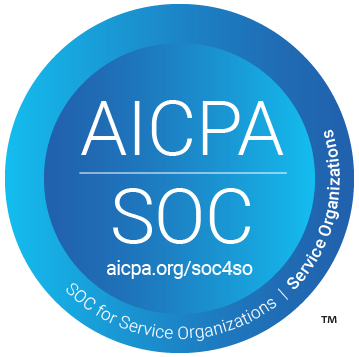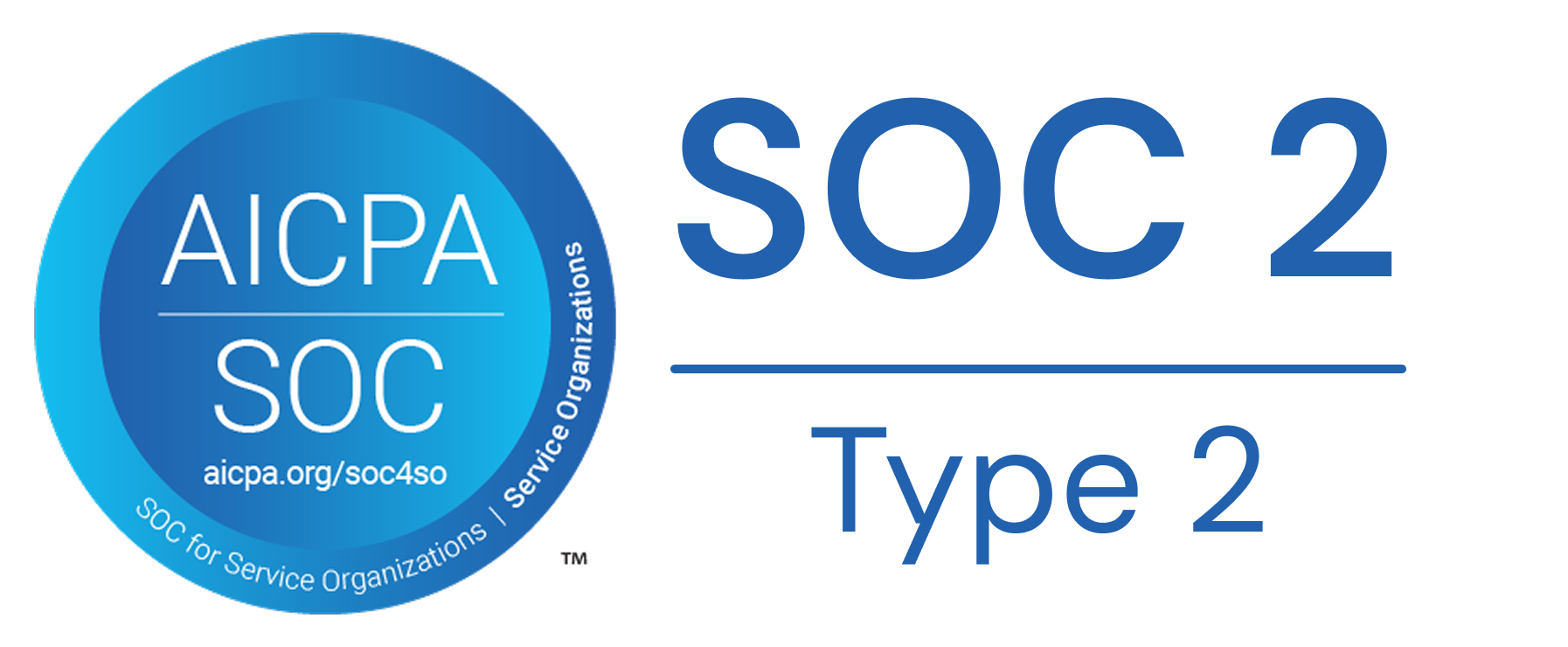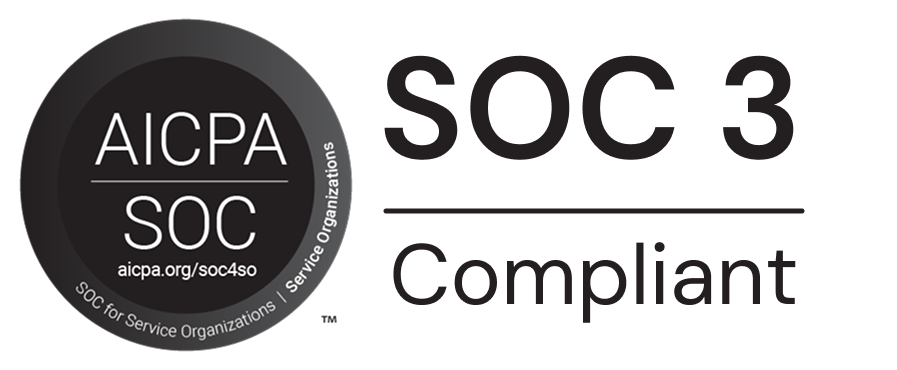The Extraordinary Ability (EB-1A) visa, presents a unique opportunity for individuals with extraordinary abilities to obtain permanent residency in the United States. This guide aims to provide a thorough understanding of the EB-1A visa, its eligibility criteria, and the application process. Let's dive into this exciting immigration option to see if it could be right for you!
Understanding the EB-1A Visa
The EB-1A visa is part of the broader EB-1 category, which is designed for individuals with extraordinary abilities. Think of it as the "rock star" of visas – it's for people who are truly exceptional in their field, whether that's sciences, arts, education, business, or athletics. While notable achievements such as a Pulitzer Prize or Olympic medal certainly qualify, the criteria for "extraordinary ability" are broader than many assume.
Meeting the Eligibility Criteria
To qualify for an EB-1A visa, applicants must demonstrate:
- Extraordinary ability in their field
- Sustained national or international acclaim
- Achievements recognized through extensive documentation
- Intent to continue work in their area of expertise
- Potential to substantially benefit the United States
Proving Extraordinary Ability
USCIS requires applicants to meet at least three of the following criteria:
- Receipt of lesser nationally or internationally recognized prizes or awards for excellence in the field.
- Membership in associations that require outstanding achievements of their members, as judged by recognized national or international experts.
- Published material about the applicant in professional or major trade publications or other major media, relating to their work in the field.
- Participation as a judge of the work of others in the same or an allied field of specialization.
- Original scientific, scholarly, artistic, athletic, or business-related contributions of major significance in the field.
- Authorship of scholarly articles in professional or major trade publications or other major media.
- Display of the applicant's work at artistic exhibitions or showcases.
- Performance in a leading or critical role for organizations or establishments with a distinguished reputation.
- Command of a high salary or other significantly high remuneration in relation to others in the field.
- Commercial success in the performing arts, as shown by box office receipts or record, cassette, compact disk, or video sales.
Navigating the Evaluation Process
USCIS officers employ a two-step analysis when reviewing EB-1A applications:
- Initial Criteria Assessment: Determine if the submitted evidence meets at least three of the regulatory criteria.
- Final Merits Determination: Evaluate all evidence collectively to assess if the applicant demonstrates extraordinary ability.
Self-Petitioning vs. Employer Sponsorship
One notable advantage of the EB-1A visa is the option for self-petitioning. This allows applicants to:
- Maintain control over the application process
- Retain flexibility in changing employers
- Leverage their established reputation in the field
However, employer sponsorship of an EB-1A visa remains an option and can potentially strengthen an application through institutional endorsement.
Key Considerations for a Robust Application
- Quality over quantity: It's not just about ticking boxes. The caliber of your achievements matters.
- Focus on your work: When submitting published material, make sure it's about you, not just your employer.
- Highlight significance: Show how your contributions have made a major impact in your field.
- Stay current: Demonstrate that your acclaim is ongoing, not just past achievements.
Remember, there's no age limit or specific time frame for your achievements. Whether you're a young prodigy or a seasoned expert, what matters is the impact you've made in your field.
Need Help?
Navigating the EB-1A application process can be complex, but you don't have to do it alone. Casium can guide you through every step, from initial assessment to application submission.




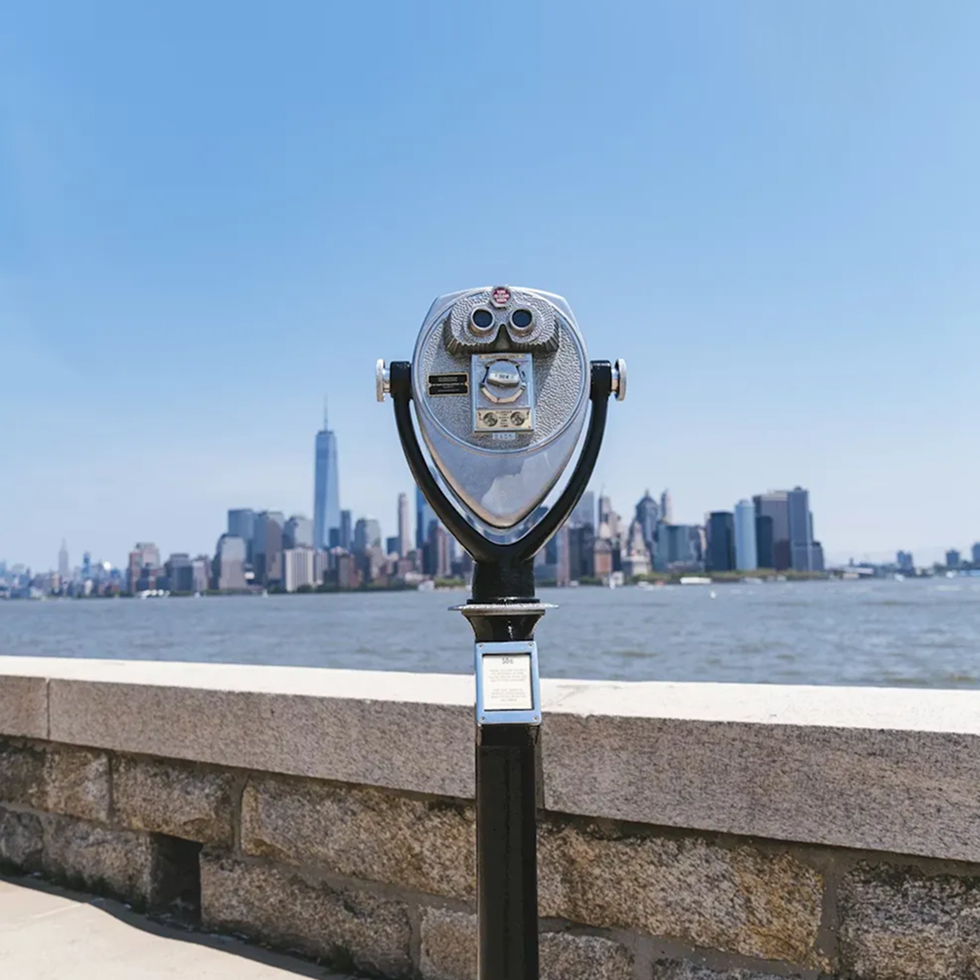





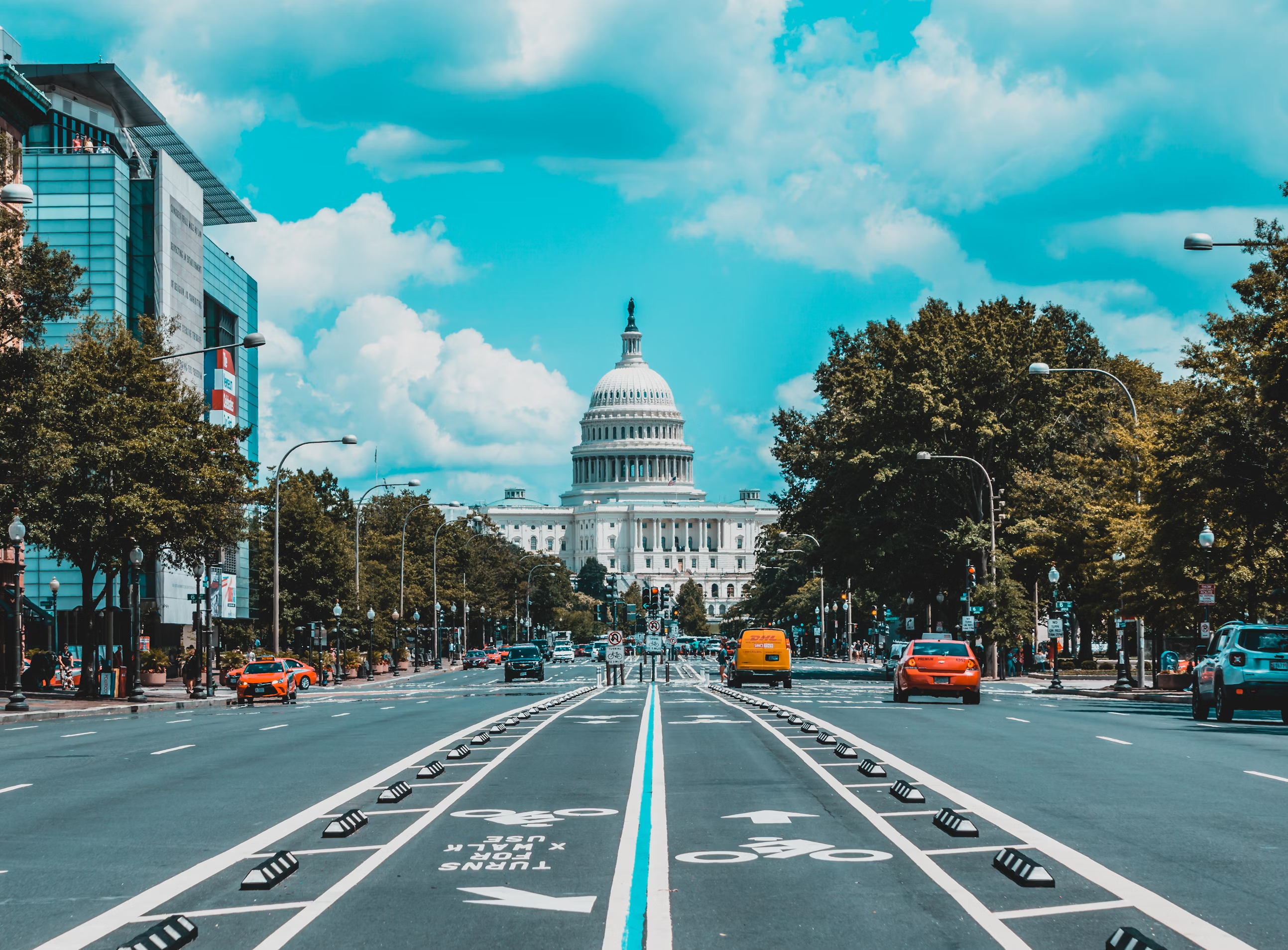


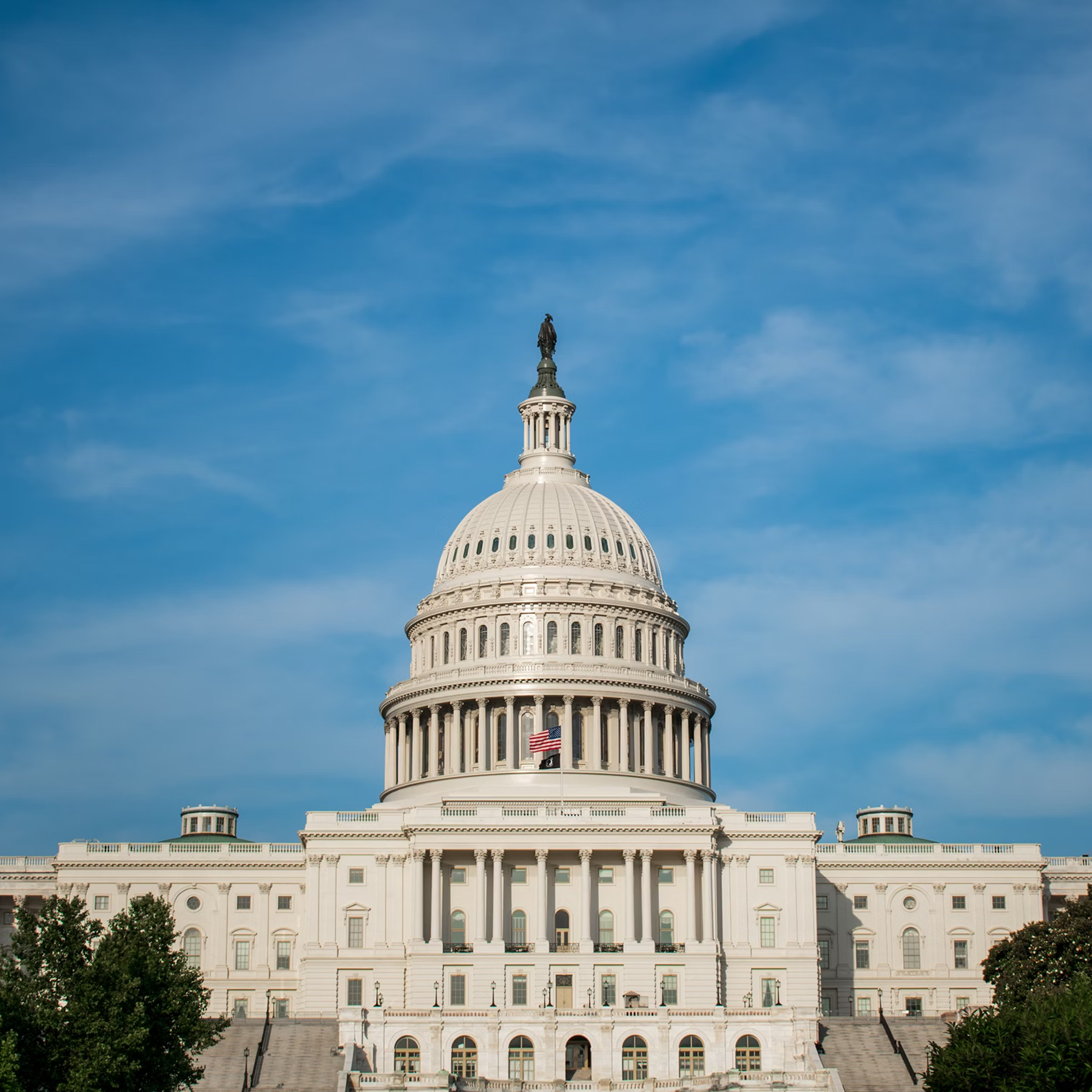



















.svg)
.svg)
.svg)





